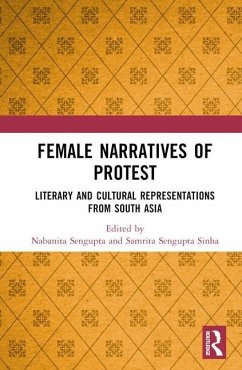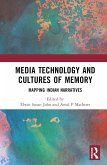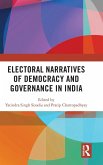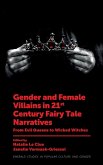This book explores the complex assemblage of biopolitics, citizenship, ethics and human rights concerns in South Asia focusing specifically on women poets, writers and artists and their explorations on marginalisation, violence and protest.
The book traces the origins, varied historiographies and socio-political consequences of women's protests and feminist discourses. Bringing together narratives of the Landais from Afghanistan, voices from Pakistan, Bangladesh and Sri Lanka, Miya women poets writing from Assam, and stories of Dalit and queer women across the region, it analyses the diverse modes of women's protests and their ethical and humanitarian cartographies. The volume highlights the reconfiguration of female voices of protest in contemporary literature and popular culture in South Asia and the formation of closely-knit female communities of solidarity, cooperation and collective political action.
The book will be of interest to students and researchers of gender studies, literature, cultural studies, sociology, minority and indigenous studies, and South Asian studies.
The book traces the origins, varied historiographies and socio-political consequences of women's protests and feminist discourses. Bringing together narratives of the Landais from Afghanistan, voices from Pakistan, Bangladesh and Sri Lanka, Miya women poets writing from Assam, and stories of Dalit and queer women across the region, it analyses the diverse modes of women's protests and their ethical and humanitarian cartographies. The volume highlights the reconfiguration of female voices of protest in contemporary literature and popular culture in South Asia and the formation of closely-knit female communities of solidarity, cooperation and collective political action.
The book will be of interest to students and researchers of gender studies, literature, cultural studies, sociology, minority and indigenous studies, and South Asian studies.








